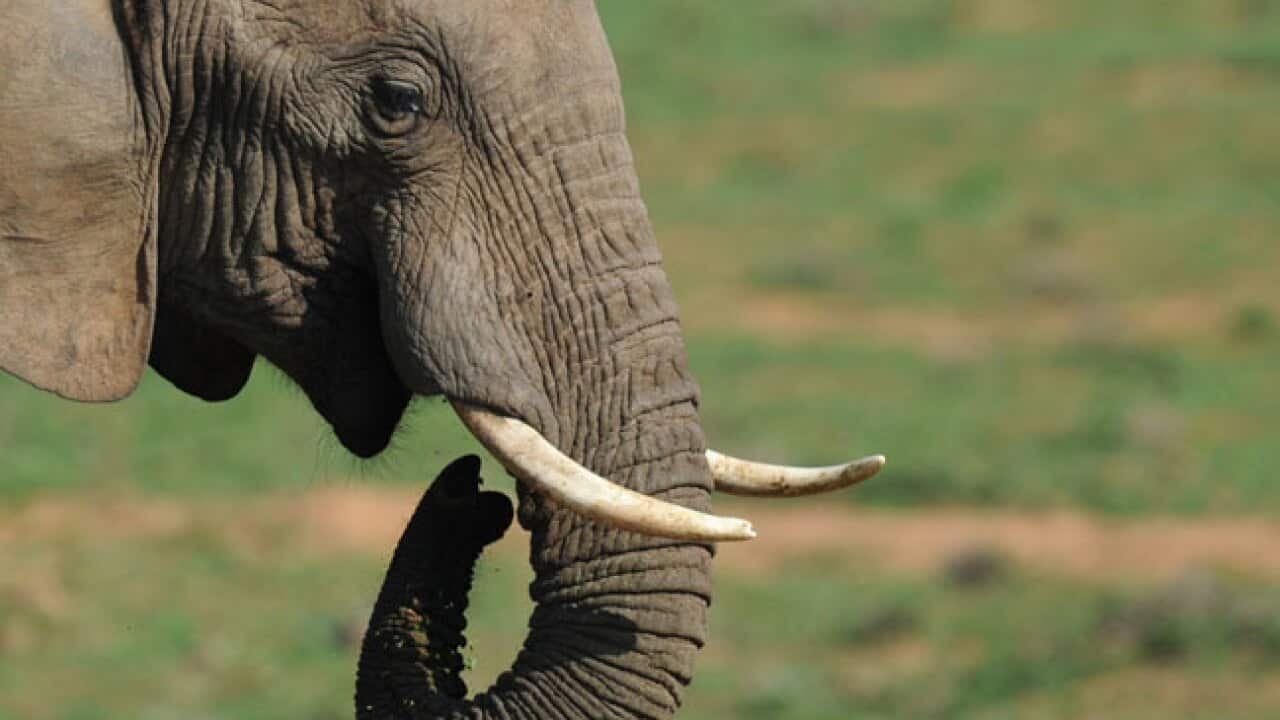The 2011 tsunami that was undeniably a tragedy on many scales. Thousands killed, , disappearing tourism and overall economic gloom. It's little wonder the Japanese government is looking for some way to lift national spirits and make life near Fukushima marginally bearable.
Japan has decided to import eight elephants from the secretive, communist nation of the Lao People's Democratic Republic.
Viewed as a way to bolster national morale and happiness, the Japanese Government is expediting the “renting” of elephants from Laos. Known as “Japan-Laos Goodwill Elephants,” eight predominately young female elephants will soon be shipped from their forested and subtropical homes in north-west Laos, to the cold, concreted and caged Tohoko Safari Park, 20 kilometers outside the Fukushima evacuation zone. Well that's where the fortunate ones will end up. Two are destined for the Kinoshito Circus, whereabouts unknown.

The Asian elephant is an internationally recognised endangered species, and its outright exportation is banned under the Convention on International Trade in Endangered Species of Wild Fauna and Fauna (). However the “renting” of Asian elephants is acceptable. These eight elephants will be exported under a three-year agreement between the Japanese and Lao governments. In theory.
In practice rentals from Laos are rarely, if ever, monitored or returned home. Take for example the two young elephants “rented” to North Koreas' Pyongyang Zoo in 2009. Only the complete naive will believe this next batch will ever return home to rural Laos.
Why the government of Japan seeks eight elephants from one of the most poverty-stricken, secretive nations in Southeast Asia is a question worth asking. Thailand, Sri Lanka and India, all signatories of CITES, have thousands more elephants than Laos; surely it makes sense to source zoo elephants from their shores?
Certainly Laos has a longstanding culture of gift-giving to show admiration and respect between nations. Certainly Japan is worthy of Lao's admiration, being the biggest bilateral provider of development aid to this impoverished nation. But when and where must the line of gratitude end? From both conservation and economic perspectives Laos simply cannot afford to lose eight more young elephants.
Laos needs these elephants. It is not hysterical to say the future of elephants in Laos depends on them. Once officially named “the land of a million elephants”, today Laos is struggling to maintain a population of a mere 900. The Vietnam War, forest degradation and poaching have seen Asian elephant populations crash almost to the point of no return.
Elephants are not reproducing fast enough to replace their ageing population. There is only an estimated 60 domestic female elephants under the age of 35. The Government of Laos giving away elephants like goodie bags makes a mockery of national environmental policy and the conservation efforts undertaken by non-government organisations.
Hundreds of men in Laos still use elephants on a daily basis for work in remote areas where where there is a lack of alternative employment. Thousands of family members directly rely on the income earned from these elephants.
Young elephants destined for Japan would be better utilised working in the Lao eco-tourism industry, bringing much-needed income to this disadvantaged nation. They are desperately needed as reproductive ambassadors for their home nation.

The Japanese and Lao Governments are coordinating the elephant transfer with haste. One can assume with confidence that Lao elephants were chosen for the very same reason why in 2012 Laos remains an under-developed nation: transparency, or lack thereof. rates Laos 154 out of 183 nations.
If you have ever lived and worked in Laos you understand the implications of this rating. On the bright side, getting out of a traffic offence is a simple matter of naming the police officer's price (which they will happily propose). The sinister side is excessive illegal logging, rife transnational wildlife trafficking and the government constantly turning a blind-eye to environmental policy and protocol.
How Laos was ever approved as and remains a signatory to CITES is baffling. Reports continually condemn Laos as a gateway nation for the illegal smuggling of all types of contraband. Yet nothing ever seems to change. Nobody commits to tackling these issues.
When contacts at CITES are questioned, they say the Japanese-Lao elephant transfer is all above board, legitimate and lawful. However others closer to the source say CITES-Laos is not performing to international standards, making the validity of their CITES certificates highly questionable.
Scratch the surface and it's easy to see why Japan chose eight of Lao's young elephants and not elephants residing in democratic societies. For the Japanese government a forgotten nation's endangered elephants is a justifiable trade-off for their people to have something cute to visit.
Ask any Lao elephant owner what they think about elephants and they will all respond in a similar fashion, “I love my elephant like he is my brother."
Laos communities are desperate for help but in a closed nation their right to protest this exportation is non-existent. Elephant owners would love to have more elephant's calves to continue the living cultural heritage of their ancestors.
Despite this, the Government of Laos continues giving away their elephants like they're going out of fashion. Going out of existence is more like it.
Ingrid Suter volunteers for International Non-Government Organisation ElefantAsia.


